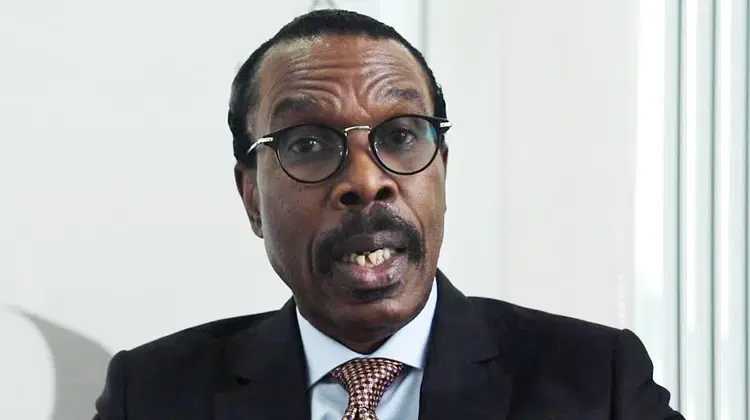Nigerian President Bola Tinubu announced plans to eliminate barriers stifling the country’s agricultural sector, including livestock production, to achieve food sovereignty and enhance export capabilities.
The commitment was made during a bilateral meeting with Brazilian President Luiz Inácio Lula da Silva on the sidelines of the BRICS Summit in Rio de Janeiro on July 5, 2025.
In a statement shared on his official Facebook page, President Tinubu highlighted the strengthening of Nigeria-Brazil relations, emphasizing deepened collaboration in key sectors such as agriculture, technology, oil and gas, energy, trade, mining, and industrial development.
The two nations, bound by historic ties and shared economic goals, have intensified cooperation over the past two years.
The agreement signals a strategic push to leverage Brazil’s expertise in agriculture and industrial development to bolster Nigeria’s economic diversification efforts.
“Today, we agreed to further deepen collaboration in agriculture, technology, oil & gas, energy, trade, mining & extractive industries, and industrial development. These sectors are critical to inclusive growth and prosperity for both our peoples,” he said.
He emphasized that as two of the largest democracies in the Global South, both countries have a shared responsibility to lead with vision, courage, and fairness in shaping a more balanced and equitable global future.
Tinubu assured that “all bottlenecks hindering the realization of the agricultural sector’s potential, including livestock production, will be removed to enable food sovereignty and export.”
The President emphasized that all technicalities in bilateral agreements will be streamlined and fast-tracked across key sectors such as trade, aviation, energy transition, food and agriculture, mining, and natural resource exploration.
In response, President Lula da Silva assured that all agreements with Nigeria would be regularized, with updated Memoranda of Understanding signed promptly during President Tinubu’s next visit.
President da Silva also stressed the need to eliminate lingering bureaucratic hurdles between the two countries to ensure swift progress.
He added that Brazil’s research and development institutions would partner with Nigeria to boost livestock farming.
This development follows the signing of the $1.1 billion commercial phase of the Green Imperative Project by Nigeria and Brazil, aimed at boosting agricultural productivity and attracting private-sector investment.
The agreement, signed at the Presidential Villa in Abuja, seeks to enhance food production, promote sustainable agriculture, and strengthen economic collaboration between both nations











